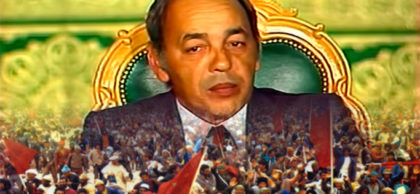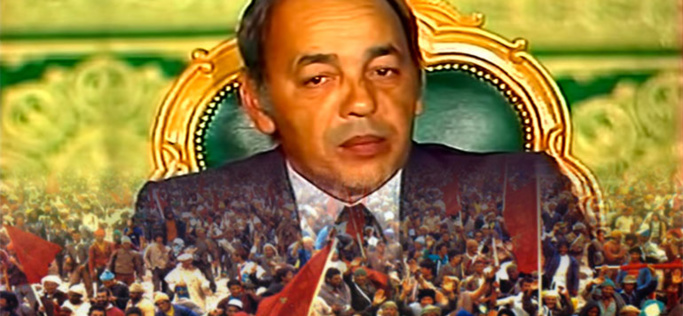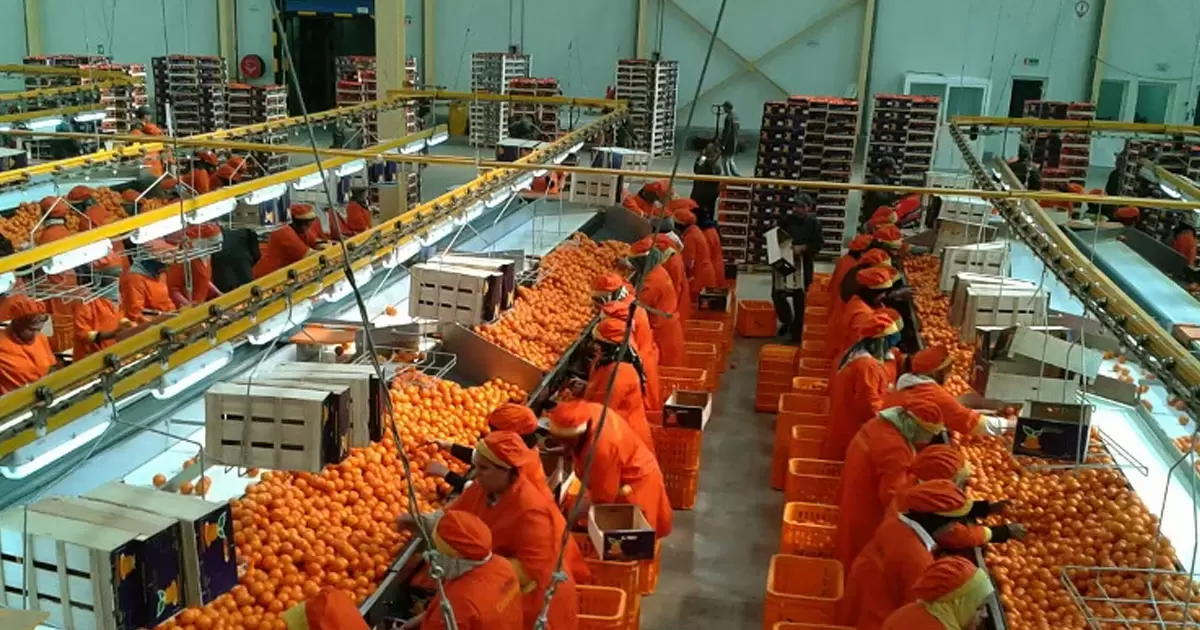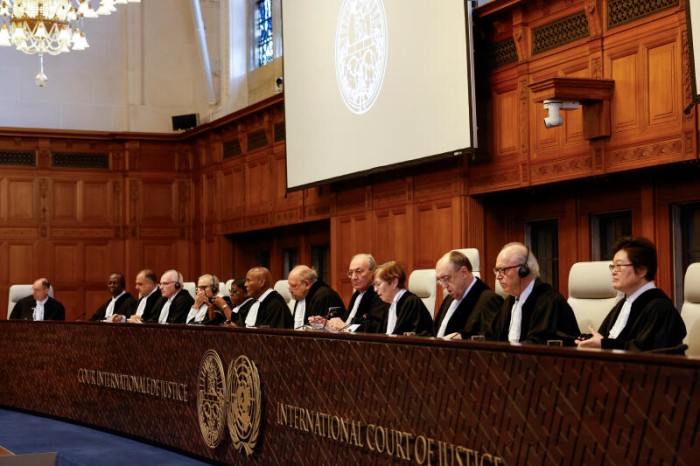 The 42nd anniversary of the historic Green March to conquer back the kingdom’s Southern provinces controlled by Spain is celebrated with a long list of events including conferences, exhibitions, and races in several cities of the region.
The 42nd anniversary of the historic Green March to conquer back the kingdom’s Southern provinces controlled by Spain is celebrated with a long list of events including conferences, exhibitions, and races in several cities of the region.
The city of Laâyoune, one of the most developed cities of the region, is hosting a national fair of local craft works from all corners of the kingdom. Around 80 exhibition stalls are displaying craft works in tapestry making, weaving, traditional fashion, jewelry, design, and ornament.
The city hosted Sunday the 19th edition of its half-marathon organized by the Chabab Sakia El Hamra sports club. Athletes from several countries participated in the race.
The province of Boujdour is organizing November 4-6, the 6th edition of its festival under the theme “Together to support local development.”
The province of Smara was venue of the first edition of “Taghrouine, the tolerance tent” festival from November 1-5 organized by the civil society with the aim of promoting mutual aid.
Around 350,000 Moroccans volunteers from all over the country and all walks of life marched on November 6, 1975 into the Sahara to take control of Morocco’s southern provinces then controlled by Spain.
They heeded the call of the late King Hassan II to liberate the Sahara from Spanish dominion.
Brave Moroccans, young and old, men and women, only equipped with the Koran and the national flag camped for three days in the Sahara few hundred meters from Spanish artillery.
The peaceful march forced Spaniards to withdraw and sign few days later the Madrid accords, handing back the territory to its rightful claimant, Morocco, which scored a historical, diplomatic victory.
Since then, Morocco injected billions of dollars to bolster the social and economic development of its recovered territories.
In November 2015, King Mohammed VI announced a global development model for the region, designed to ensure the complete and final integration of the southern provinces to the unified motherland and to strengthen the role and influence of the Sahara as an economic hub and as a link between Morocco and its African neighborhood.


